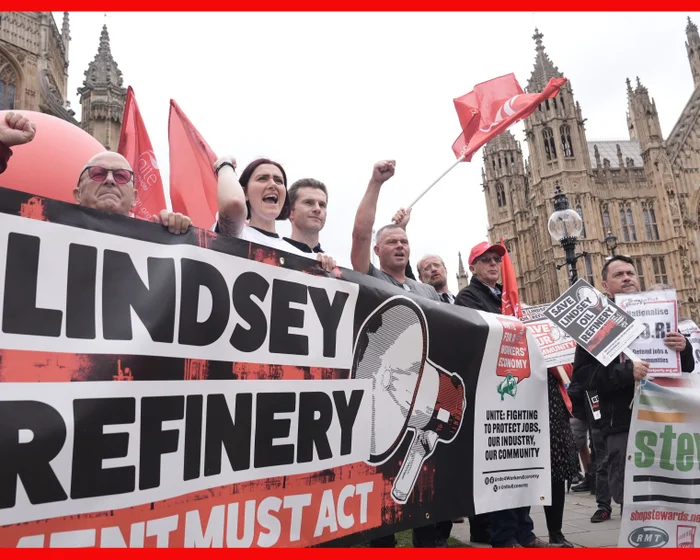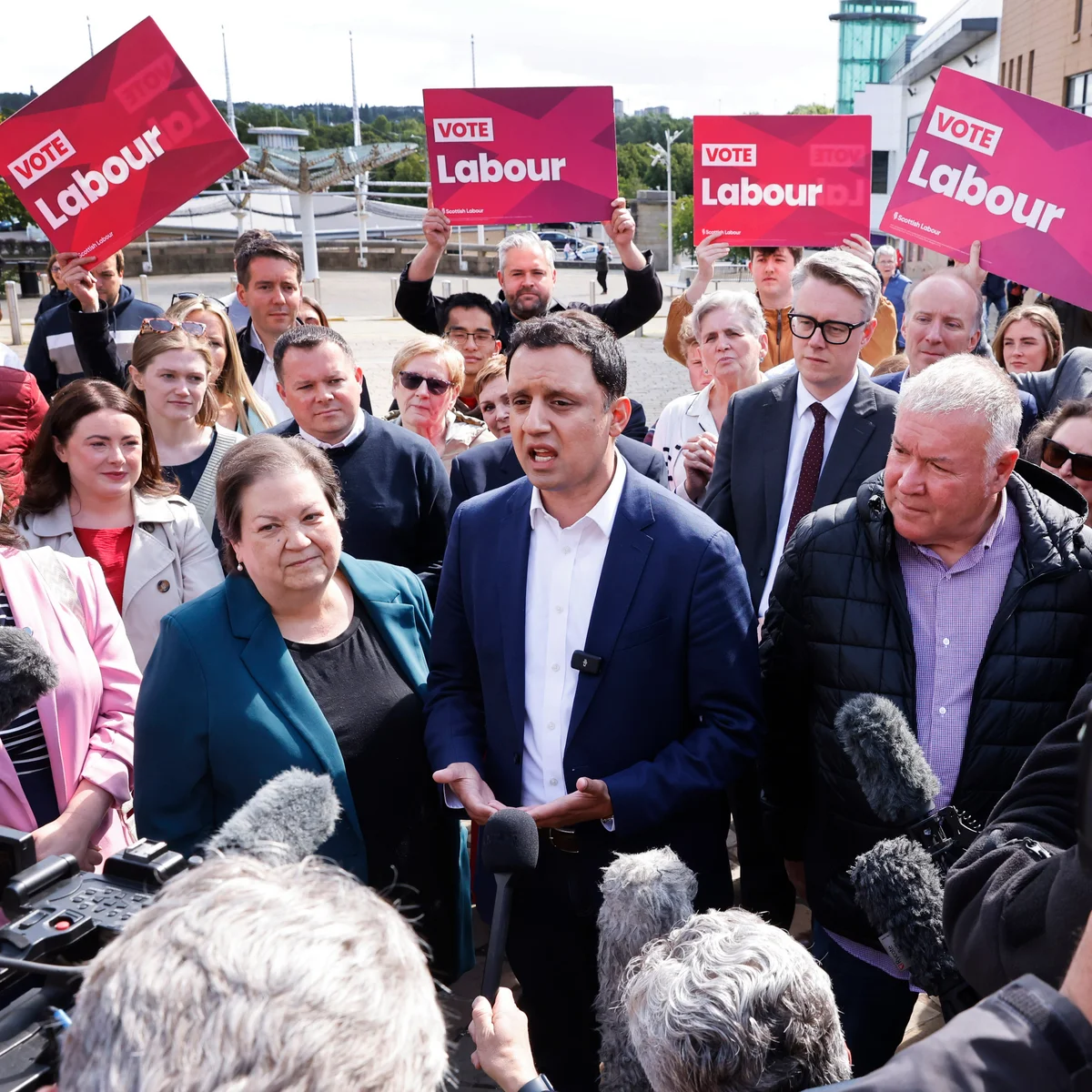trending
neon
Cirque du Soleil offers summer ticket deals
dining out
Celebs ditch the Strip for iconic Henderson restaurant
july 
trending
neon
Cirque du Soleil offers summer ticket deals
dining out
Celebs ditch the Strip for iconic Henderson restaurant
july 

Recent U.S. policy changes are reshaping investment landscapes. Investors must stay informed about regulatory shifts, economic trends, and potential risks




In recent years, the landscape of U.S. policy has undergone significant transformations, influencing not only the political environment but also the broader economic and investment climate. These shifts in policy—whether driven by legislative action, executive orders, or regulatory changes—are reshaping how investors approach risk, capital allocation, and long-term financial strategies.
Monetary and Fiscal Policy Adjustments: The Federal Reserve's interest rate decisions are perhaps the most closely watched aspect of U.S. monetary policy. Following a period of historically low interest rates, the Federal Reserve has increasingly moved toward tightening monetary policy to combat inflationary pressures. The rise in interest rates has both direct and indirect effects on the markets. For instance, higher rates tend to make borrowing more expensive, which can lead to lower consumer spending and business investment, potentially slowing down economic growth.
Tax Reform and Corporate Regulation: Tax policies have been a focal point of debate in the U.S. Congress. The recent tax reform laws have introduced changes to corporate tax rates and individual income taxes, impacting both small businesses and large multinational corporations. Companies are adjusting their strategies based on these changes, with some shifting operations overseas to capitalize on lower tax rates. Additionally, new regulations, such as those governing tech companies and financial institutions, have emerged, adding layers of complexity to investment strategies.
Environmental, Social, and Governance (ESG) Initiatives: ESG investing has seen a significant rise in popularity, with both institutional and individual investors increasingly prioritizing sustainability. U.S. policies surrounding environmental regulations, corporate social responsibility, and governance standards have forced companies to adopt more transparent and ethical practices. While ESG has been praised for its potential to align financial growth with societal goals, there are concerns about the volatility it introduces to the market, especially in industries that are heavily reliant on fossil fuels or controversial practices.
Trade and Tariff Policies: U.S. trade policies, particularly under the previous administration, focused on increasing tariffs on imports from key trading partners such as China and the European Union. These tariffs created significant uncertainties in global supply chains, affecting businesses’ profitability and long-term planning. Although some tariff policies have been adjusted in recent years, the global trade landscape remains volatile, and the U.S. continues to navigate complex international relations, which will likely impact investment decisions in the coming years.
Healthcare and Social Welfare Policies: Changes to U.S. healthcare policy, including debates over the Affordable Care Act and future social welfare programs, have financial implications. Investors in the healthcare and insurance sectors are closely monitoring these changes. Policy shifts regarding healthcare coverage, prescription drug pricing, and Medicaid can create opportunities or risks for stakeholders in the medical and pharmaceutical industries.
Volatility in Financial Markets: U.S. policy changes often lead to increased market volatility. A shift in interest rates, for example, can drive sudden changes in asset prices, creating both opportunities and risks for investors. As market sentiment fluctuates in response to policy developments, investors must carefully consider how to diversify their portfolios and hedge against potential downturns.
Global Economic Interdependence: With increasing globalization, U.S. policy changes do not only affect domestic markets. The interconnectedness of economies means that decisions made in Washington, D.C., reverberate across borders, impacting foreign investments and international trade agreements. Investors with global exposure must be attuned to how U.S. policies influence markets in other parts of the world.
Technological Disruption: The rapid pace of technological innovation in the U.S. presents both risk and opportunity for investors. Policies designed to regulate emerging technologies—such as artificial intelligence, blockchain, and cybersecurity—could significantly impact the future of tech investments. On the other hand, supportive policies that foster innovation can spur the growth of new sectors and industries, making tech companies an attractive investment option.
Sector-Specific Risks: Different sectors are impacted by U.S. policy changes in distinct ways. For instance, energy policies affect fossil fuel industries, while tax changes can disproportionately impact technology companies. Understanding the nuances of each sector’s exposure to regulatory changes is critical for investors who want to mitigate risks and capitalize on emerging opportunities.
Political Uncertainty and Legislative Gridlock: One of the biggest risks that investors face is political uncertainty. Gridlock in Washington, with conflicting views on how to address major policy issues, can lead to delayed decision-making and a lack of clarity in the regulatory environment. Political uncertainty can depress investor confidence, leading to market instability.
Regulatory Compliance and Risk Management: In response to policy changes, businesses are often required to adjust their operations to remain compliant with new regulations. This can create short-term financial stress, but it can also lead to long-term benefits, especially for companies that are able to quickly adapt. For investors, understanding the regulatory environment is crucial to managing risks and ensuring that investments are in line with current legal frameworks.
Diversification: Diversifying investment portfolios across multiple asset classes, sectors, and geographies is one of the most effective ways to hedge against the risks posed by policy changes. By spreading investments, investors can protect themselves from sector-specific downturns while potentially benefitting from growth in other areas.
Risk Assessment: Investors must carefully assess the potential impact of policy changes on their portfolios. This involves closely monitoring new legislation, executive orders, and global trade dynamics. Developing a proactive strategy for responding to policy shifts can help mitigate losses.
Engaging with Financial Advisors: Given the complexity of U.S. policy changes, working with financial advisors who are attuned to these developments is crucial. Advisors can help investors make informed decisions, navigate volatile markets, and adapt investment strategies to changing economic conditions.
Staying Informed: Keeping up with news and expert analyses of policy shifts is essential for making informed investment decisions. Investors who stay ahead of regulatory changes are better positioned to capitalize on emerging opportunities while managing potential risks
Recent U.S. policy changes are reshaping investment landscapes. Investors must stay informed about regulatory shifts, economic trends, and potential risks
the latest

Job Cuts at Lincolnshire Refinery, UK Growth Revised Upward
Around 125 jobs will be lost at the Lincolnshire (Lindsey) oil refinery after its parent company entered insolvency, even as revised GDP data shows the UK economy grew faster under Labour than previously estimated

Reeves Proposes Youth Mobility Deal for UK and EU Under-30s
UK Chancellor Rachel Reeves has proposed a new youth mobility scheme that would allow young Europeans aged ~18-30 to live and work in the UK under a post-Brexit arrangement, while emphasising limits on duration and net migration.

Biden Approves Ukraine Use of Long-Range Missiles Into Russia
President Biden has authorized Ukraine to use long-range missiles to target locations inside Russia, marking a significant escalation in the ongoing conflict.

Labour Byelection Win Marks SNP Decline, Says Anas Sarwar
Scottish Labour leader Anas Sarwar said the party’s byelection victory shows the SNP’s dominance is fading, signaling a major shift in Scottish politics.

UAE Employees: Are Salaries Deductible During Annual Leave?
A common question in the UAE workplace is whether employers can deduct salaries while employees are on annual leave. Experts explain labor law provisions and best practices.

Sharjah Self-Defense Club Claims No-Gi Title at UAE Jiu-Jitsu
Sharjah Self-Defense Club emerged victorious in the No-Gi category at the UAE Jiu-Jitsu Championship, showcasing skill, discipline, and teamwork.

UAE Schools Announce One-Month Winter Break
UAE schools will have a one-month winter break from December 8, 2025, to January 4, 2026, giving students and staff an extended holiday period.

Sharjah Extradites Uzbek and Nepalese Nationals for Fraud
Sharjah authorities have extradited two foreign nationals—one Uzbek and one Nepalese—wanted under Interpol Red Notices to face fraud charges.

US Envoy Confident of Breakthrough on Gaza Crisis
A senior US envoy expressed optimism about achieving a breakthrough in Gaza peace talks, signaling renewed international efforts to end the humanitarian crisis.